BY KAYLA VALERA | STAFF WRITER
KCC’s Ecology Club, led by president Alex Awo, is very much alive and engages in various activities throughout the school year. Just this past November, the club and at least 10 of its members, accompanied by professor Wendy Kuntz, left on a weekend trip to Hilo where the club helped to reforest the Hakalau forest refuge.
The club travels to Hilo every semester and has done so since 2009, when it was first created. Along with helping to plant native trees, the club also helps work with fishing wildlife services.
“[The reforesting] statistics are pretty impressive considering how we only go up there once a week,” Awo said. “Somewhere in the range of about 2,000 to 3,000 for the 2016 year.”
Usually the trip is open 10 members through a first-come, first-served basis, since the club uses Department of Land and Natural Resources vehicles while on Hilo, which can only carry up to five people at a time. Airfare is to be paid out of pocket, though lodging and transportation are covered through the U.S. fishing wildlife service.
One of the ways that the Ecology Club is able to fund the trip is through its calendar sales. Each year, club members compile pictures that they have taken throughout the Ecology Clubs’ research experiences and activities to create a custom designed calendar. The calendar sales go entirely toward the Hilo trip.
In 2015, the club was able to pay for their entire food stipend through the profit earned from the calendar funds, which are sold in late November and Early December for around $15.
Along with going on the trip to Hilo, the Ecology Club contributes to local areas on Oʻahu such as Papahana Kuola, which is a cultural restoration site in Kāneʻohe. There the club is able to receive a tour of the land and learn about the historical aspect of the site. The club is able to work with Papahana Kuola, as well as many other organizations, such as the Honolulu Zoo and Waikīkī Aquarium, since some of its members intern at these locations. Other club ventures are in collaboration with the Department of Land and Resources, such as its conservation work at places like Mount Kaʻala.
Awo explains that the club welcomes all who are interested; even past members return to join some of the clubs’ excursions and activities.
“Our club is very inclusive, we don’t like to exclude a lot of people,” he said. “So we have a different variety and ranges of students in different fields and in different majors. We have people who aren’t necessarily into the ecology or environmental majors, that want to come out and just get a breath of fresh air and learn something new or experience something fun.”
Club activities happen at least every one to two weeks throughout the semester and simmers down at the end of the semester during finals week.
The Ecology Club’s website shows its upcoming events and previous club activities. If you are interested in joining, email the president of the club, Alex Awo, at awopaul@hawaii.edu.

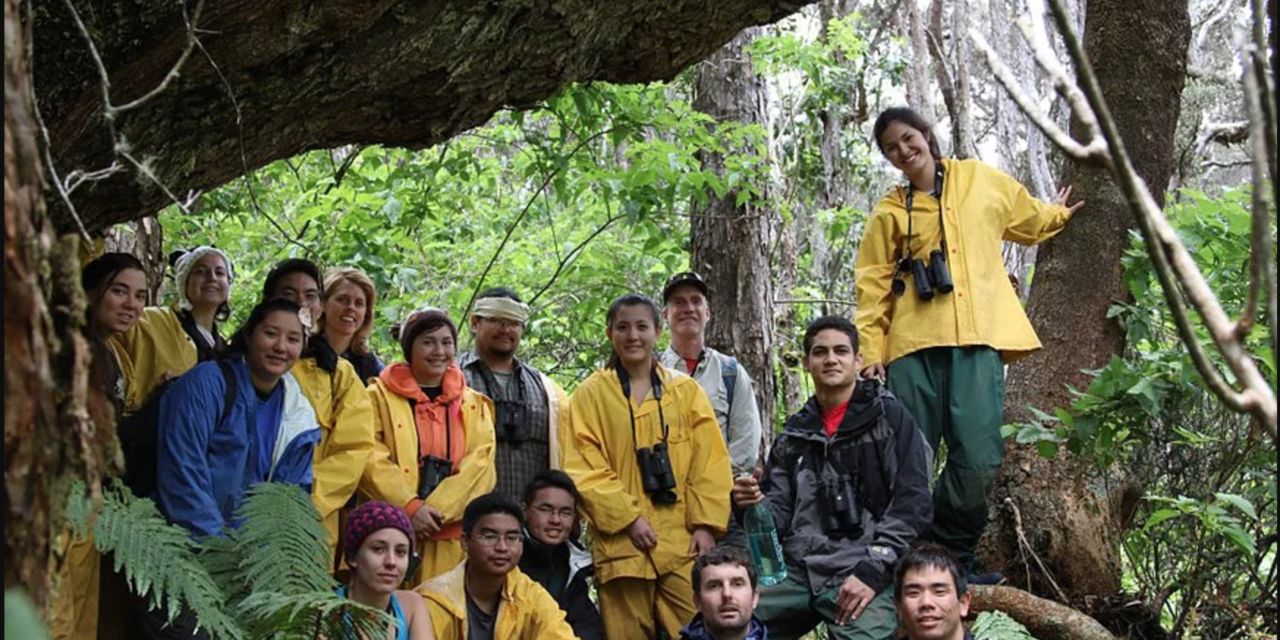
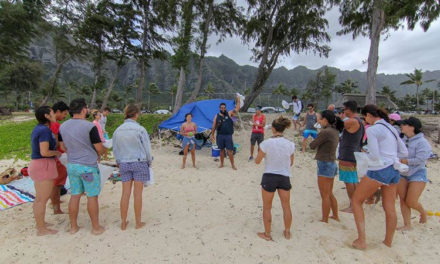
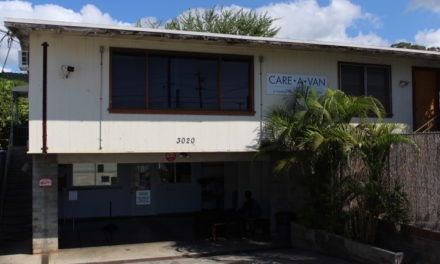
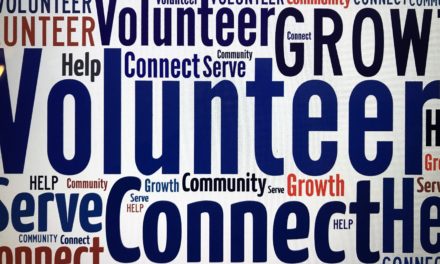
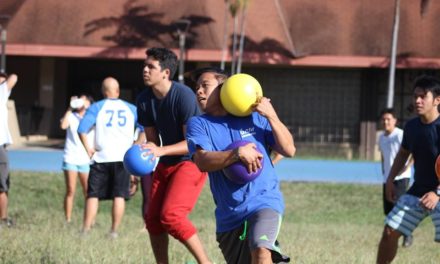
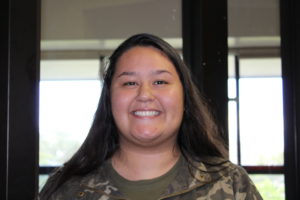
Very informative
No no no.“We must destroy the country to save it,†they say.What, exactly has been the difference? You still haven’t answered this question:Can you honestly say that the Republicans we’ve elected in the last 25 years have done anything at all to stop social democrats from ruining the country?When, exactly, will we START saving the country? Every time they have told me the will if i vote for them I get screwed.